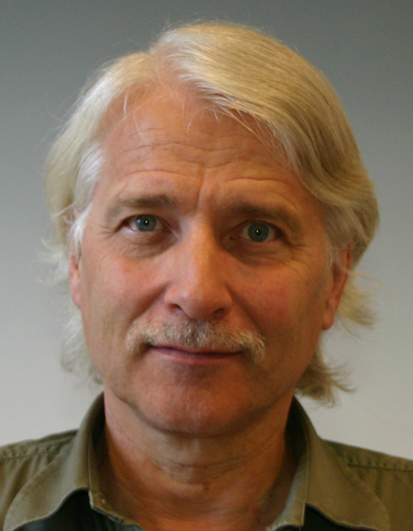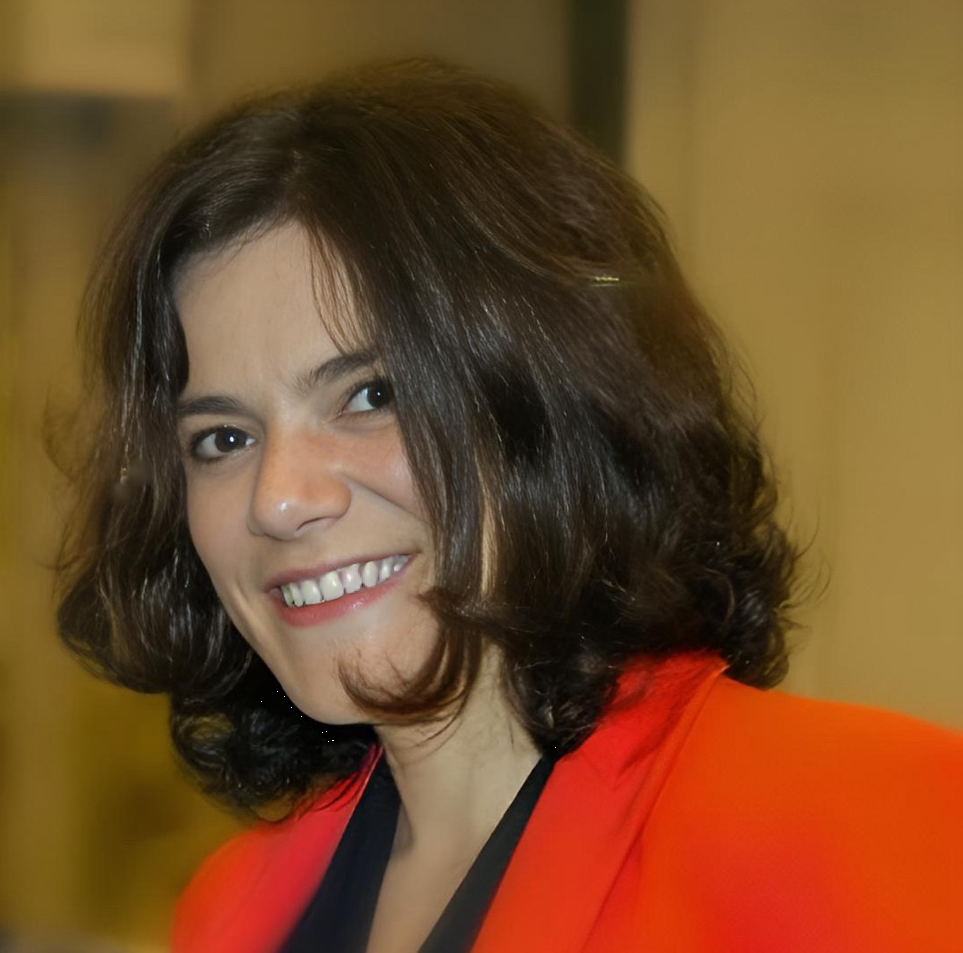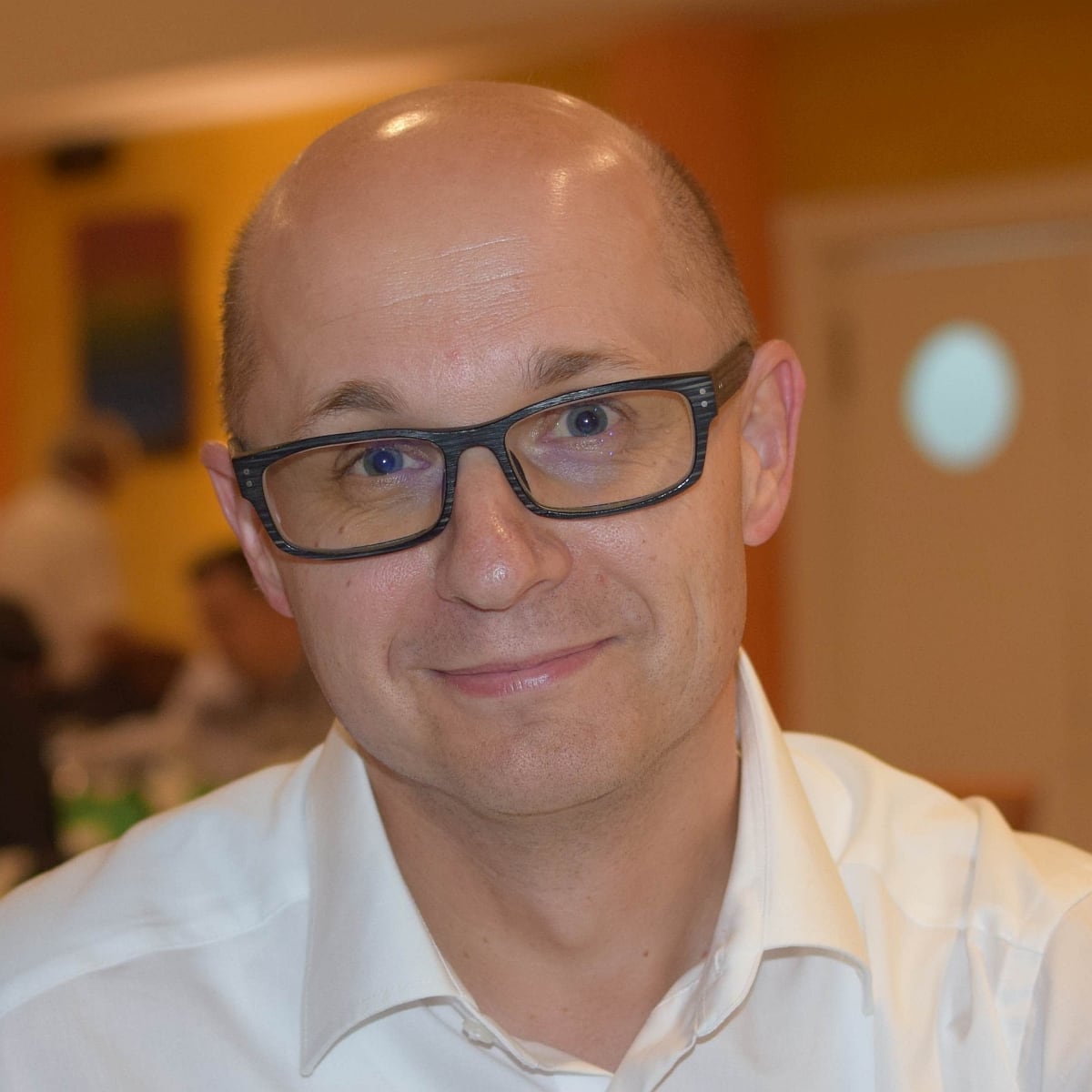1st International Conference on Lexicology and Lexicography • Invited Speakers
Sven Tarp (Aarhus University, Denmark): Do Lexicography a Favour: Stop Focusing on Dictionaries

This paper, inspired by Al-Kasimi (1977), rests on two core assumptions: first, lexicographic products are historically and culturally contingent—shaped by the technological conditions and communicative needs of their time; second, current developments in generative AI are not merely enhancing dictionary compilation methods, but giving rise to entirely new lexicographic products designed to meet evolving user needs. Consequently, the traditional dictionary is losing its centrality as users increasingly seek alternative forms of linguistic assistance. Lexicographers must respond to this paradigm shift.
Building on Tarp and Gouws’ (2023) redefinition of lexicography into two branches—dictionography and glossography—this paper explores the potential of the latter. Glossography encompasses both the historical glosses that predate dictionaries (Benati & Händl 2019) and the novel digital glosses emerging in today’s AI-driven landscape (Gouws & Tarp 2024).
The focus is on three types of digital glosses developed within an AI-supported Writing Assistant designed to help L2 learners. These glosses are triggered by grammatical errors in user-generated texts and are presented as: (1) a brief suggestion to correct the error, (2) a short gloss explaining the nature of the mistake, and (3) an extended gloss detailing the relevant grammatical rule. These components do not reference specific lemmata but are problem-oriented, offering a dynamic alternative to traditional dictionary-based grammatical notes.
The paper introduces a conceptual framework based on Hegelian categories: the learner’s mistake (individual), the short gloss (particular), and the long gloss (universal). Unlike Hegel’s model, this system begins with the individual instance and ascends to the universal via the particular—thus supporting a transition from incidental to intentional learning.
In conclusion, this reverse-grammar model offers a more natural path to grammatical competence, grounded in the learner’s own output and errors. Rather than applying pre-learned rules, learners encounter grammar as an embedded, contextualised, and personalised resource—suggesting that the future of lexicography may lie not in the dictionary, but in interactive, AI-powered glossographic solutions.
References:
Al-Kasimi, A. 1977. Linguistic and Bilingual Dictionaries. Leiden: EJ Brill Publishers.
Gouws, R.H. & Tarp, S. 2024. Despite Current Challenges: Lexicography has a bright future. Lexicographica, 40, 187-212.
Tarp, S. & Gouws, R.H. 2023. A Necessary Redefinition of Lexicography in the Digital Age: Glossography, Dictionography and the Implications for the Future. Lexikos, 33, 425-447.
Ana Salgado (Academia das Ciências de Lisboa & University of Porto, Portugal): A Decade of Lexicographic Innovation at the Lisbon Academy of Sciences: Still from Paper to Digital Platform – and Then AI Came

This talk explores recent developments in the Portuguese Academy dictionary project within the context of digital transition and artificial intelligence. Drawing on ten years of work at the Lisbon Academy of Sciences, the presentation offers a first-hand account of the challenges and innovations involved in bringing the Dicionário da Língua Portuguesa into the digital age. It examines the shift from traditional editorial practices to corpus-driven methodologies, the redefinition of microstructural components, and the establishment of a sustainable digital platform. Special attention will be given to the recent integration of tools and methods into the lexicographic workflow, including criteria and strategies for updating content in response to linguistic evolution, shifting social trends, user log analysis, semi-automatic neologism detection, and language policies. By reflecting on institutional constraints, technological advances, and evolving user expectations, this talk invites a broader discussion on how Academy dictionaries can remain scientifically rigorous, inclusive, and socially relevant.
Iztok Kosem (University of Ljubljana, Slovenia): Common Sense(s) in Slovene Lexicography: Building the Digital Dictionary Database

In this paper, I will present the recent lexicographic activities at the Centre for Language Resources and Technologies, University of Ljubljana, with a focus on the development of the Digital Dictionary Database of Slovene. This ongoing process has proved highly challenging, as it involves merging heterogeneous resources and datasets, deciding how to link external materials such as crowdsourced data, and establishing criteria for a shared repository of senses and concepts. I will illustrate these issues with selected examples of problems and solutions. While the fact that many resources are being compiled from scratch has been advantageous, it has also created problems—notably the need for subsequent cleaning and lemma labelling, since some resources were generated through post-editing approaches. In parallel, the migration from the external dictionary platform Lexonomy to an in-house database editor is nearing completion; this transition brings clear advantages but also entails additional training for lexicographers and a reconceptualization of lexicographic workflows. With the emergence of large language models, we have also been exploring and testing different options for their integration into the lexicographic process. Finally, I will present several cases demonstrating how the database is already being applied in non-lexicographic projects.